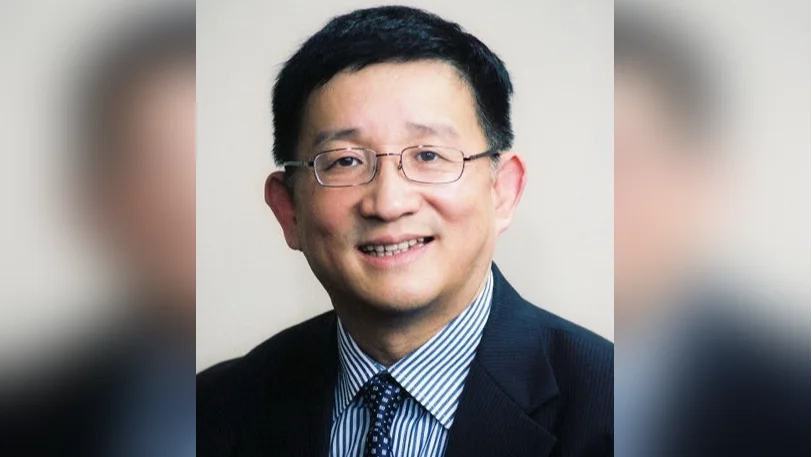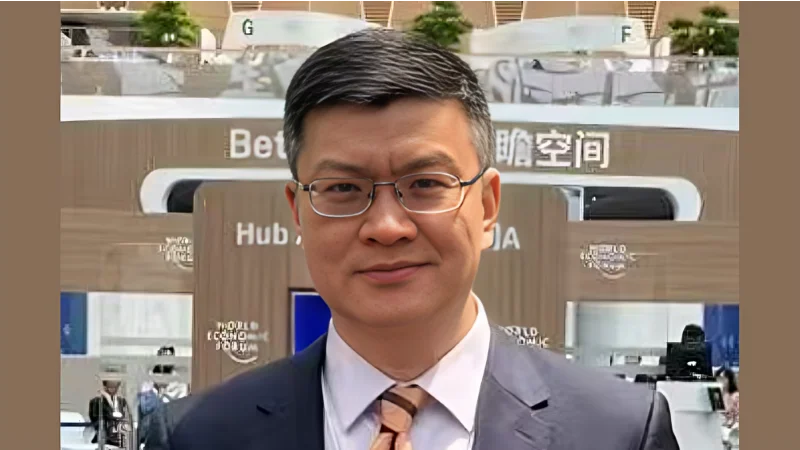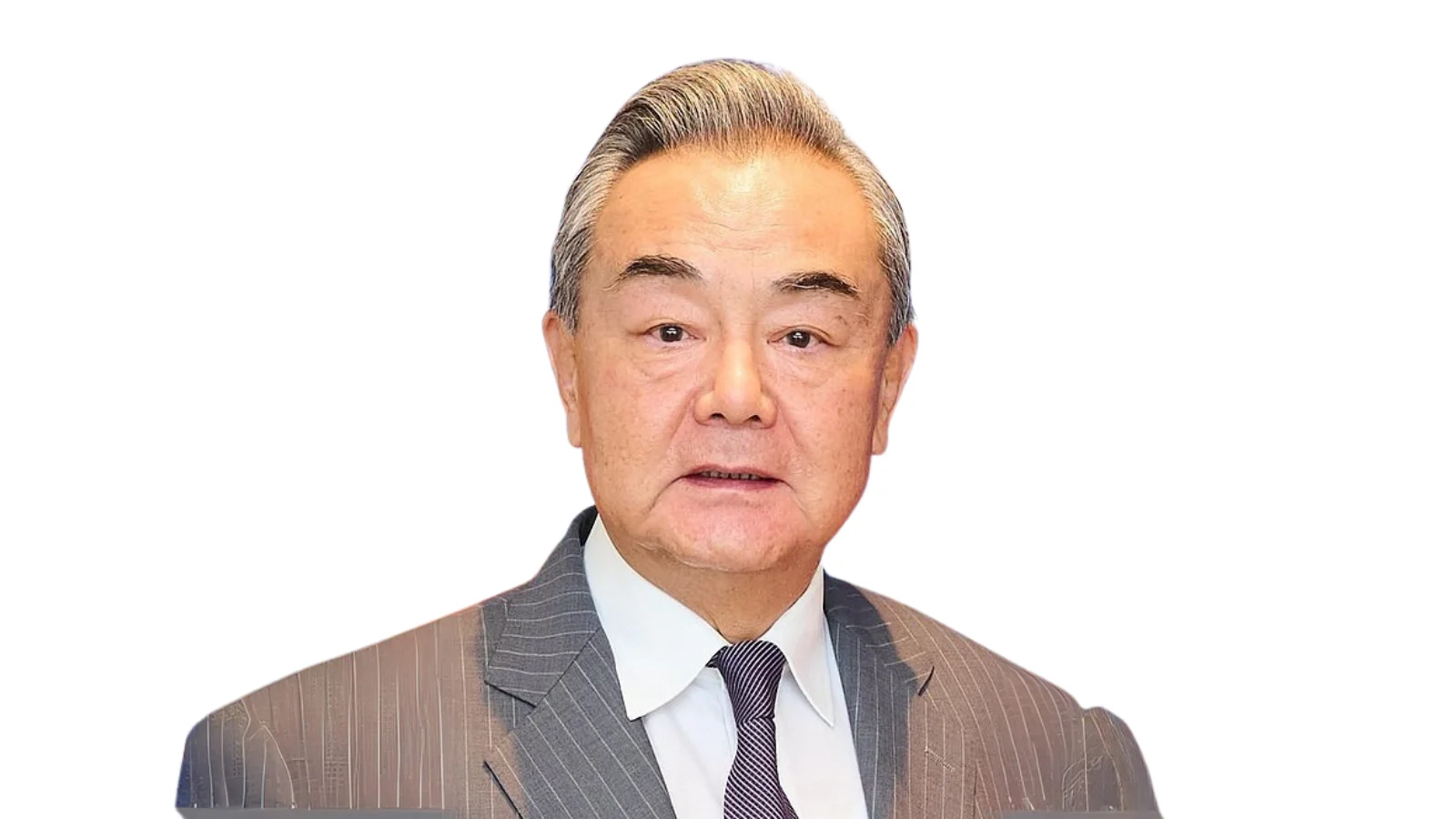John L. Thornton China Center at the Brookings Institution
Recent News About John L. Thornton China Center at the Brookings Institution
-
China’s Fourth Plenum, which took place from October 20 to 23, concluded with significant personnel changes and a reaffirmation of current policy directions.
-
The John L. Thornton China Center at the Brookings Institution will host a public event on November 3 to discuss the outcomes of the Fourth Plenum and their implications for China's economic direction.
-
Kyle Chan has joined the Brookings Institution as a fellow in the John L. Thornton China Center as of October 2025.
-
U.S. President Donald Trump is set to visit Asia in late October 2025, with planned stops in Japan, Malaysia, and South Korea.
-
Less than three weeks before the Asia-Pacific Economic Cooperation (APEC) summit in South Korea, economic tensions between the United States and China have intensified, raising doubts about a potential meeting between U.S. President Donald Trump...
-
The John L. Thornton China Center at the Brookings Institution will host a discussion on the ongoing U.S.-China trade war and its effects on global supply chains.
-
After months of trade tensions, a summit between U.S. President Donald Trump and Chinese President Xi Jinping is moving closer to reality.
-
The People’s Republic of China and Russia continue to emphasize their historical roles in World War II through large-scale military parades and official commemorations.
-
China has increased its activities in the Indo-Pacific region while the United States, under the Trump administration, has shown little response.
-
Taiwan’s recent recall vote, which took place on July 26, did not result in the removal of any Kuomintang (KMT) legislators.
-
Strategic stability between China and the United States remains a critical issue, with security experts from both nations examining differing perspectives on how to address it.
-
Artificial Intelligence (AI) is reshaping education, with significant implications for the United States and China.
-
China has launched the International Organization for Mediation (IOMed), a new entity aimed at mediating international disputes.
-
The ongoing conflict in Ukraine, now in its third year, continues to raise questions about the role of major global powers in shaping potential peace terms.
-
The current situation in Taiwan is challenging, with the island facing pressures from China and dealing with its relationship with the United States.
-
Chinese President Xi Jinping's visit to Moscow highlights a complex dynamic in China's foreign policy.
-
For several decades, the United States has been a prime destination for international students seeking exceptional academic opportunities and a pathway to global careers.
-
John Culver has joined the Brookings Institution as a nonresident senior fellow, effective from February 28, 2025.
-
China's currency, the renminbi (RMB), is facing scrutiny regarding its valuation in the international market.
-
The People's Republic of China is working on its first law dedicated to the private economy, a move aimed at restoring confidence in a sector considered vital to the nation's economic prosperity.



















